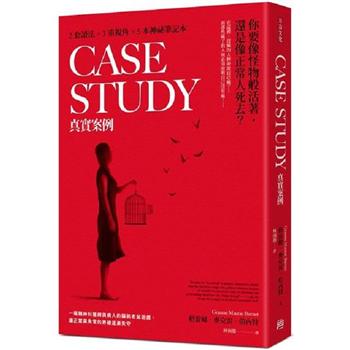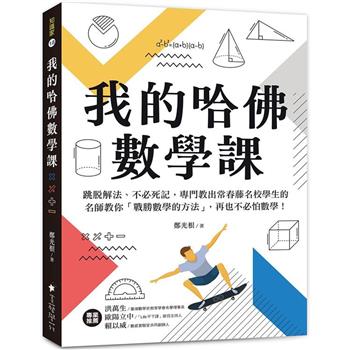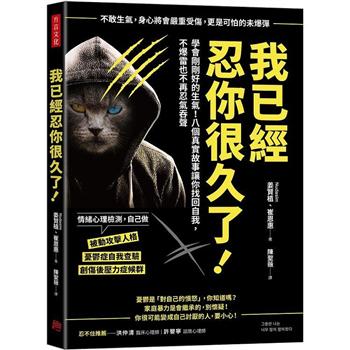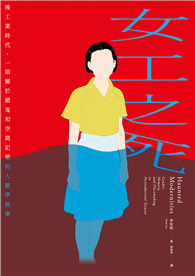Informed by both new and old media theory, materialist approaches to the study of everyday objects, and a series of close readings that chart the critical history of postcard use in the fiction and correspondence of Ernest Hemingway, Ring Lardner, James Joyce, and Wilfred Owen, this book locates and attempts to rediscover lost, misplaced, and neglected postcard materialities, as they relate to the archiving, editing, publishing, and fictional repurposing of postcards across Anglo-American Literary Modernism (1880-1939). It argues that postcards need to be recognized as important early twentieth-century communication technologies and distinctly modernist textualities, composed of multimedia, recto-verso intertextualities. Moreover, their material limitations encourage users to inscribe messages often in fragmented language forms and innovative cultural shorthands (a.k.a. postcardese). This study redresses the ongoing, widespread scholarly neglect of signifying postcard materialities in modernist studies and the editorial silencing of postcard features in collections of published author correspondence. It also stresses that for these four literary figures of modernism, the material choice of a postcard for communicating is always as much the (meta)message, as any of the signifying materialities they carry uploaded onto their platforming surfaces.
| FindBook |
有 1 項符合
Rereading Modernist Postcards: Critical Studies in Materialist Recovery的圖書 |
 |
Rereading Modernist Postcards: Critical Studies in Materialist Recovery 作者:Clissold 出版社:Routledge 出版日期:2023-08-31 語言:英文 規格:精裝 / 280頁 / 普通級/ 初版 |
| 圖書館借閱 |
| 國家圖書館 | 全國圖書書目資訊網 | 國立公共資訊圖書館 | 電子書服務平台 | MetaCat 跨館整合查詢 |
| 臺北市立圖書館 | 新北市立圖書館 | 基隆市公共圖書館 | 桃園市立圖書館 | 新竹縣公共圖書館 |
| 苗栗縣立圖書館 | 臺中市立圖書館 | 彰化縣公共圖書館 | 南投縣文化局 | 雲林縣公共圖書館 |
| 嘉義縣圖書館 | 臺南市立圖書館 | 高雄市立圖書館 | 屏東縣公共圖書館 | 宜蘭縣公共圖書館 |
| 花蓮縣文化局 | 臺東縣文化處 |
|
|
圖書介紹 - 資料來源:博客來 評分:
圖書名稱:Rereading Modernist Postcards: Critical Studies in Materialist Recovery
|










